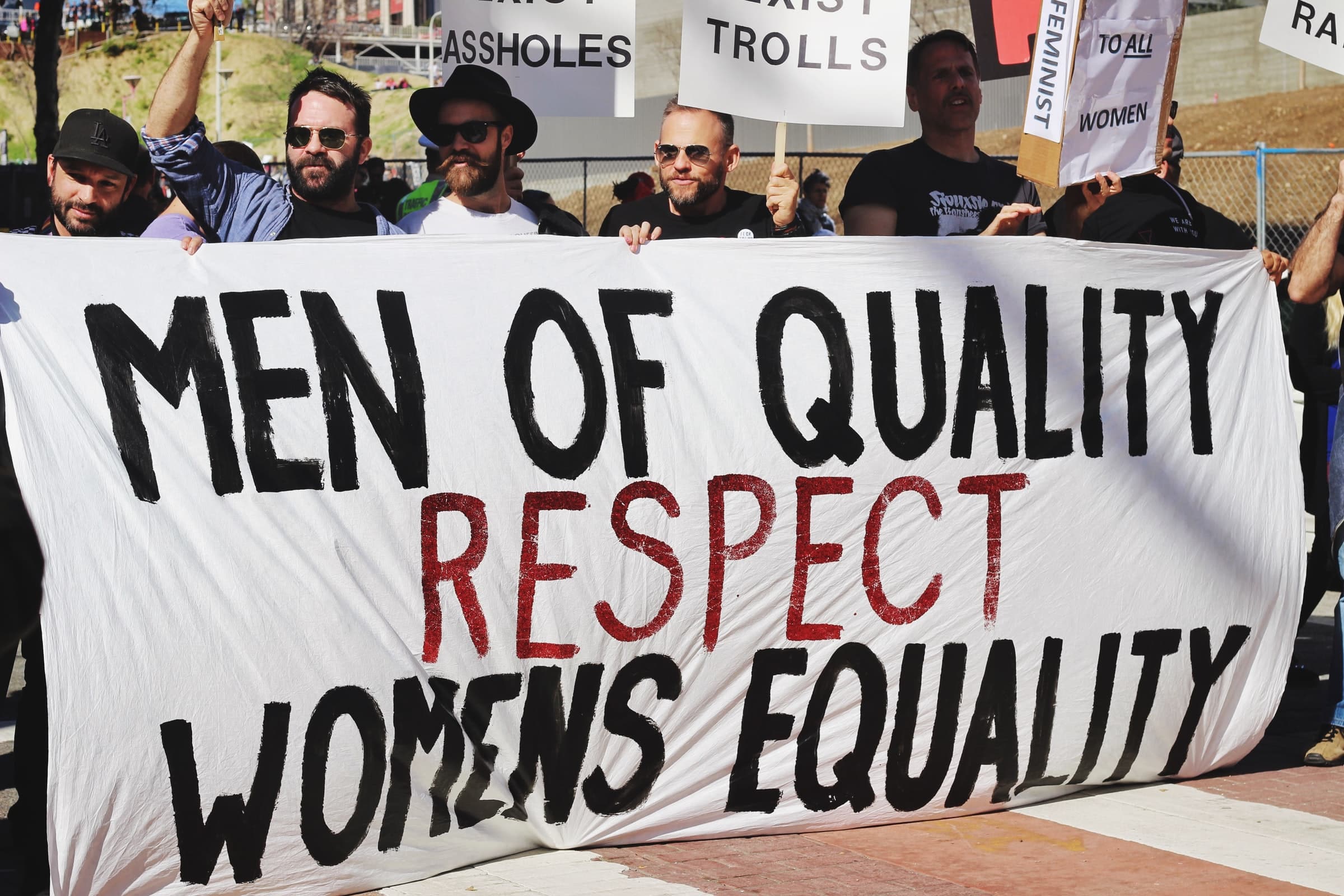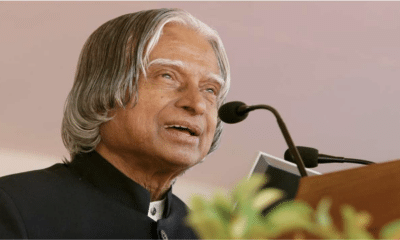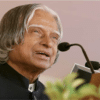Economy
Women are being excluded from critical decision-making roles: UN
Global efforts to recover from the COVID-19 pandemic are under threat because women are being excluded from critical decision-making roles, says the United Nations. The pandemic is having a devastating impact on women and girls, and the fallout has shown how deeply gender inequality remains embedded in the world’s political, social and economic systems.
Antonio Guterres, UN chief, believes that dramatically improving the gender balance would not only benefit women, but the economy at large. He highlighted evidence showing that women’s participation enhances economic results, prompts greater investment in social protection, leads to more sustainable peace and advances climate action. “Women’s equal participation is the game-changer we need.”
Guterres said women are at the centre of the UN’s COVID-19 response and recovery, pushing for stimulus packages that support the informal economy, invest in the care economy and target women entrepreneurs, and working with governments to address a surge in violence against women. “When women are missing from decision-making, we see the world through only one perspective. We create economic models that fail to measure the productive work that occurs in the home.”
The United Nations Development Programme (UNDP) found that only 6% of coronavirus task forces, which are responsible for coordinating government responses to the deadly virus, have equal numbers of men and women, while 11% have no women at all. Achim Steiner, UNDP’s administrator, said the pivotal decisions being made today will affect the well-being of people and planet for generations to come. “Sustainable recovery is only possible when women are able to play a full role in shaping a post-COVID world that works for all of us.”
Also Read: Government working with Moderna for COVID-19 vaccine import
The new data revealed that women hold less than one in three top leadership positions in public administration globally, jeopardizing a green and inclusive recovery. It found that while 58% of employees in health ministries are women, only 34% hold health policy decision-making positions. This research has come as an eye-opener in the wake of countries across the world grappling with the economic and social fallout from COVID-19 pandemic.
The UNDP also said that an alarming rise in violence against women and girls, and the large loss of jobs and income are threatening to set back progress on gender equality. It said governments are more responsive and accountable, and the quality of public services, especially health, childcare and violence against women, significantly improves when women take leadership roles in public administration. “Women in both the public and private sector are severely underrepresented in leadership positions. However, if we want to create a resilient, equitable, inclusive and growing economy, we need everybody to have a seat at the leadership table.”











































Pingback: G20 countries have backed a landmark move for a global tax reform.